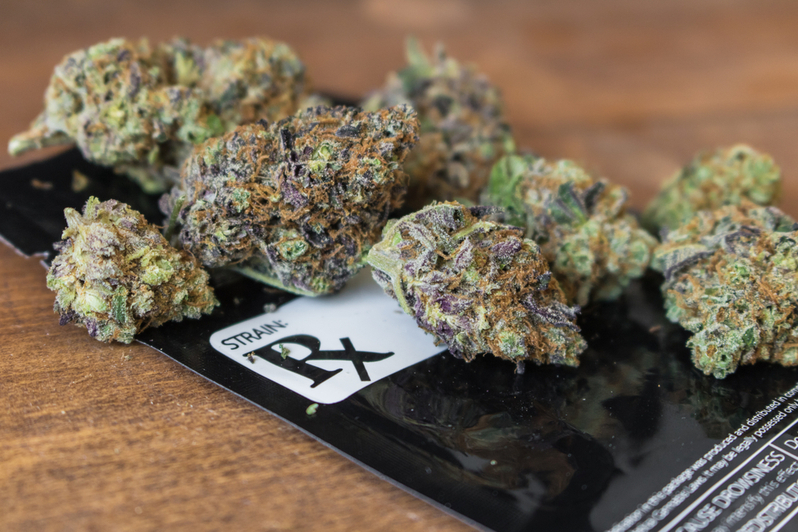

For decades, both cocaine and marijuana have been abused as illegal substances across the country. Recently, some states have passed laws that make possession of both medical and recreational marijuana legal. These laws have raised questions about the future of marijuana charges. Here, we’re going to take a look at the difference between criminal charges for possession of cocaine and possession of marijuana to understand how the charges, if you face them, can affect you long-term.
Drug Possession Penalties Depend on the Substance
Any time you’re found in possession of an illegal substance, it’s a serious issue in the eyes of the law. The charges you face for possession, however, vary on the type of substance you have and how it’s classified. Cocaine, for example, is considered a Schedule II substance. Penalties for a Schedule II substance include up to $100,000 in fines and up to four years in prison. Other Schedule II substances include:
- Morphine
- Hydrocodone
- Hydromorphone
- Fentanyl
- Methadone
- Adderall
- Ritalin
- … and more
You might notice that many of these substances are prescription medications. If you have a prescription for a particular substance and you’re found to be in possession of the amount you’re entitled to according to the prescription, you can’t be charged with a drug crime unless you’re found to be selling it to another party.
In Louisiana, marijuana is a Schedule I substance unless it’s prescribed for medical use. Other Schedule I substances include:
- Ecstasy
- Heroin
- LSD
- Peyote
If you’re found in possession of marijuana you can face up to 5 years in prison and $250,000 in fines. The more drug charges you face, the more serious the consequences. Likewise, if you’re a repeat offender, your charges will likely be more severe as well.
Why Drug Possession of Any Amount is Serious
Although the amount of drugs you’re found in possession of dictates the fines and incarceration time you face, drug possession in any amount is a serious matter. No matter how much marijuana or cocaine you have, it’s considered either a misdemeanor or a felony. Both are enough to create a permanent mark on your record.
Conviction of a drug crime is enough to create long-term difficulty. Many people who face time in prison for possession of marijuana or cocaine have a hard time obtaining employment due to their criminal record. If you’re facing drug charges, hiring a defense attorney who can mitigate your charges is essential to success.
Medical Marijuana is Legal in Louisiana
In August 2019, Louisiana became the first southern state to pass laws that permit the use of medical marijuana. According to the law, only certain medical conditions are allowed to be prescribed medical marijuana and the prescriptions must be purchased at an approved pharmacy. Some of the conditions approved for medical marijuana include:
- PTSD
- Cancer
- Glaucoma
- Crohn’s Disease
- Multiple Sclerosis
- Muscular Dystrophy
- …and more
If you’re using marijuana to treat one of these conditions but do not have a prescription, see a medical professional as soon as possible to inquire about how to obtain the substance in a legal manner.
Secure a Trusted Drug Defense Attorney Today
In the state of Louisiana, reputable drug defense lawyers can be found at The John D. & Eric G. Johnson Law Firm. With more than 25 years of experience, Eric Johnson and his team of attorneys understand how to create a winning defense strategy. They take the time to get to know each of their clients individually and commit themselves to investigate each aspect of your case to present a strong argument in court.
Drug possession charges are serious. Don’t rely on an inexperienced attorney with only a handful of trials under his belt to protect your rights. Trust a seasoned drug lawyer in Louisiana who is a member of the Louisiana Association of Criminal Defense Lawyers and the National Association of Criminal Defense Lawyers.
To schedule a free consultation, call our office at 318-377-1555 or contact us online.
